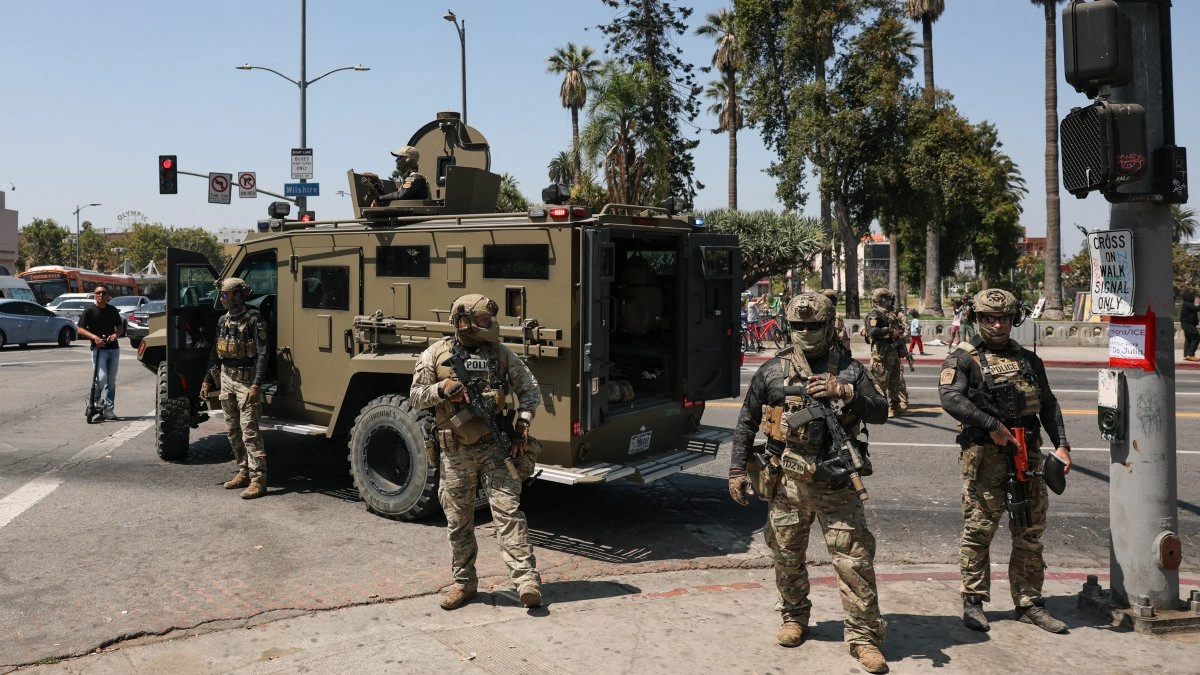The Supreme Court . Immigration enforcement. Two phrases that, let’s be honest, can induce a bit of glazed-over boredom. But stick with me, because what the Supreme Court decides about immigration enforcement profoundly affects the lives of millions – maybe even your life in ways you haven’t considered.
We’re not just talking about abstract legal principles here. We’re talking about families, communities, and the very fabric of American society. So, let’s dive into why these decisions carry so much weight, shall we? Because understanding this stuff is crucial, especially in today’s climate.
The “Show Me the Law” Angle | Federal vs. State Power

Here’s the thing: the Constitution gives the federal government pretty broad authority over immigration matters. But states, especially those along the border, often feel like they’re on the front lines of immigration issues . This leads to friction, and that’s where the Supreme Court steps in. Think of them as the referees in a never-ending tug-of-war.
The big question is always: where does federal authority end, and state authority begin? Can states pass laws that essentially mirror or even go beyond federal immigration laws ? The Supreme Court’s answers to these questions dictate how immigration enforcement actually plays out on the ground. And that, my friends, affects everything from local economies to law enforcement priorities.
Take, for example, the infamous Arizona SB 1070 law. It allowed state law enforcement to ask people for their papers if they had “reasonable suspicion” they were undocumented. The Supreme Court struck down key provisions, but it showed how far states were willing to go. The implications of such laws, and the court’s response, ripple through communities, creating fear and distrust. But, this also opens door for potential collaboration between state and federal authorities.
The “Why Should I Care?” Factor | Community Impact and Due Process
Okay, so the Supreme Court decides who gets to enforce which laws. Big deal, right? Wrong. These decisions directly impact communities. Stricter immigration enforcement policies can lead to families being separated, which can have devastating consequences for children. It can also create a climate of fear, where people are afraid to report crimes or seek medical care.
And then there’s the whole issue of due process. Everyone, regardless of their immigration status, is supposed to be treated fairly under the law. But when immigration enforcement ramps up, there’s a greater risk of civil rights violations. Think racial profiling, unlawful detentions, and inadequate access to legal representation. These aren’t just hypothetical concerns; they’re real issues that the Supreme Court has grappled with time and again.
The “Future is Now” Angle | Shifting Policies and Executive Action
What fascinates me is how quickly immigration policy can shift, especially with changes in presidential administrations. One minute, there’s a focus on border security; the next, there’s talk of comprehensive immigration reform. The Supreme Court often finds itself playing catch-up, trying to interpret laws and executive actions that are constantly evolving. Let me rephrase that for clarity; the speed with which policy changes can leave everyone scratching their heads.
Executive actions, in particular, have become a major battleground. Think about DACA (Deferred Action for Childhood Arrivals). It was created by executive action, and its fate has been hanging in the balance for years, bouncing between the courts and the political arena. The Supreme Court’s decisions on these types of cases can have huge implications for millions of people who are living in a state of legal limbo.
The Supreme Court decision making often impacts deportation policies . These policies determine who is prioritized for removal from the United States. Changes in these policies can dramatically alter the landscape of immigration enforcement, affecting families, communities, and the economy. One thing you absolutely must double-check is understanding the context of these rulings. These policies also influence the types of cases the Department of Homeland Security chooses to pursue.
The Role of the Department of Justice
The Department of Justice (DOJ) plays a crucial role in shaping immigration enforcement through its legal interpretations and policy directives. The DOJ influences how immigration laws are interpreted and applied, which impacts everything from border security to deportation proceedings. Legal opinions issued by the Attorney General can significantly alter the course of immigration enforcement, often leading to legal challenges and further scrutiny by the courts.
A common mistake I see people make is underestimating the influence of the DOJ on day-to-day immigration enforcement practices . As per the guidelines mentioned in various legal memos, federal agencies receive direction from the DOJ on how to prioritize resources, handle cases, and implement new policies.
Here’s why understanding the DOJ’s position is paramount.
FAQ | Your Burning Questions Answered
Frequently Asked Questions
What if I’m not a lawyer? Why should I care about Supreme Court decisions?
Because these decisions affect your community, your neighbors, and maybe even you directly. They shape the kind of society we live in.
How often does the Supreme Court hear immigration cases?
It varies, but it’s a pretty regular occurrence, especially given the ongoing debates about immigration policy.
Can a Supreme Court decision on immigration be overturned?
Yes, but it’s not easy. It usually requires a change in the Court’s composition or a significant shift in legal thinking.
What are some key terms related to immigration enforcement I should know?
Terms like “deportation,” “due process,” “executive action,” and “federal preemption” are essential for understanding the debate.
So, there you have it. The Supreme Court and immigration enforcement : a seemingly dry topic that’s actually full of drama, intrigue, and profound implications. Pay attention, because these decisions shape our world in ways you might not even realize. The one thing you absolutely must double-check is the evolving nature of these rulings.




